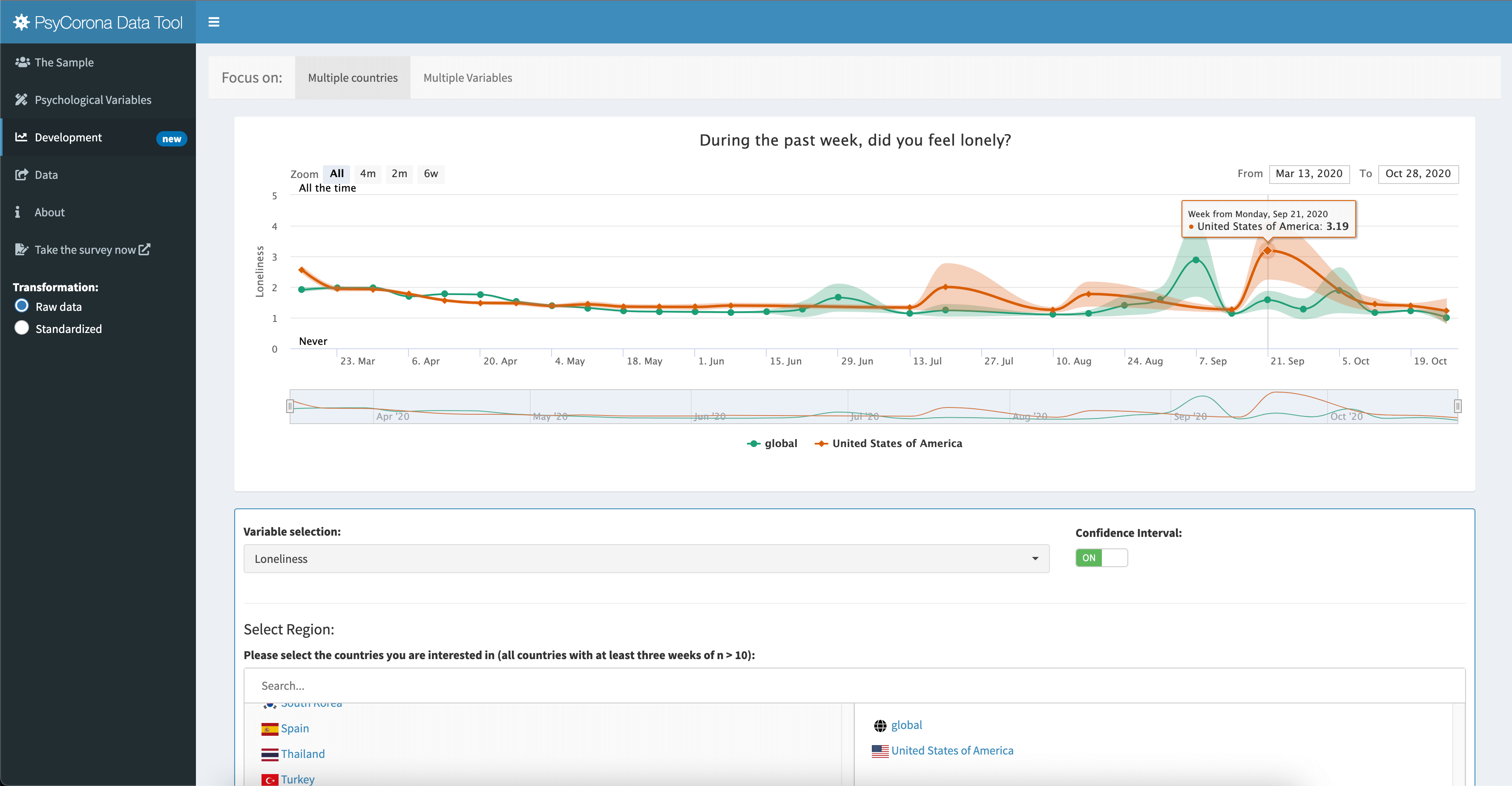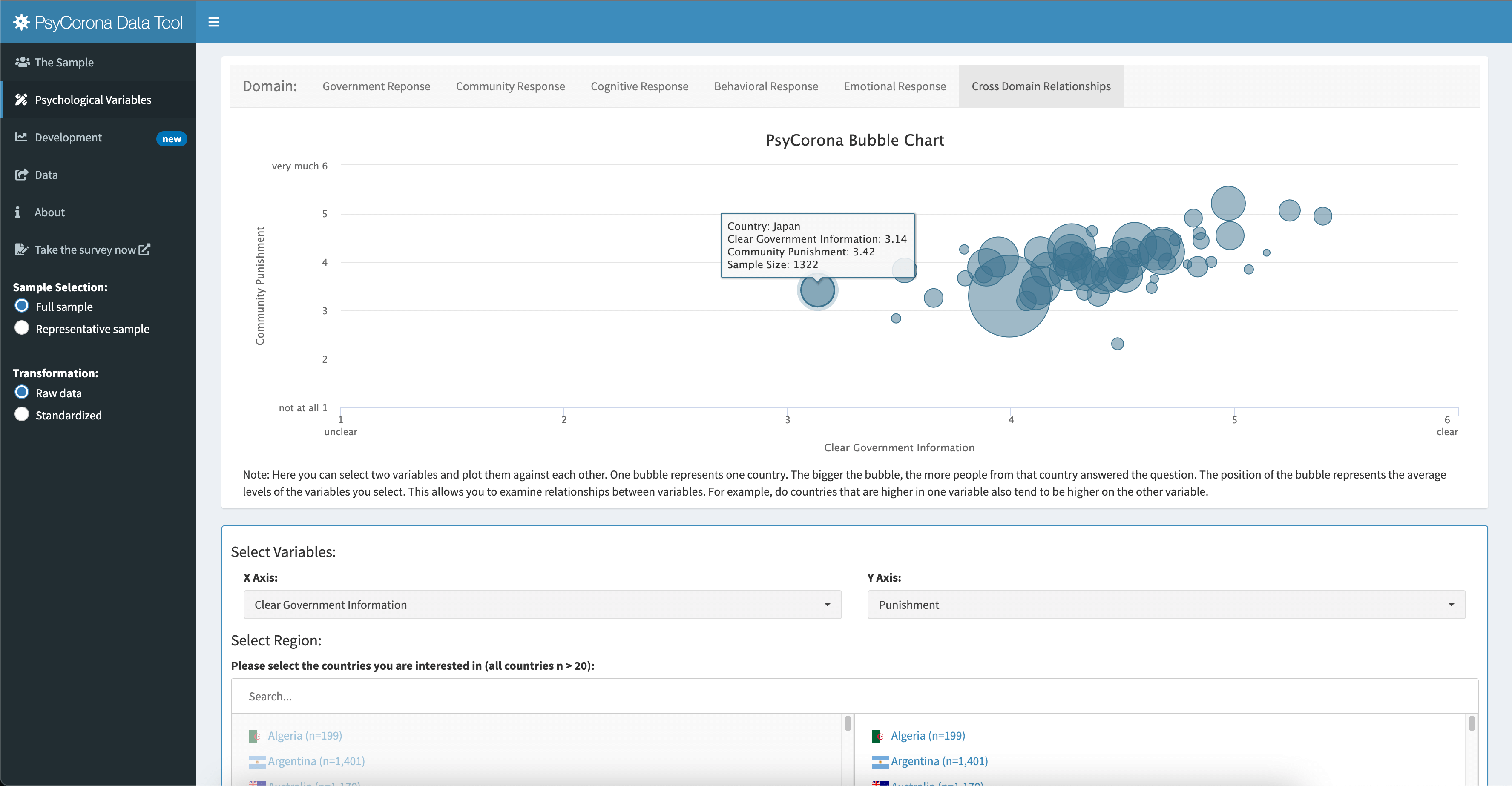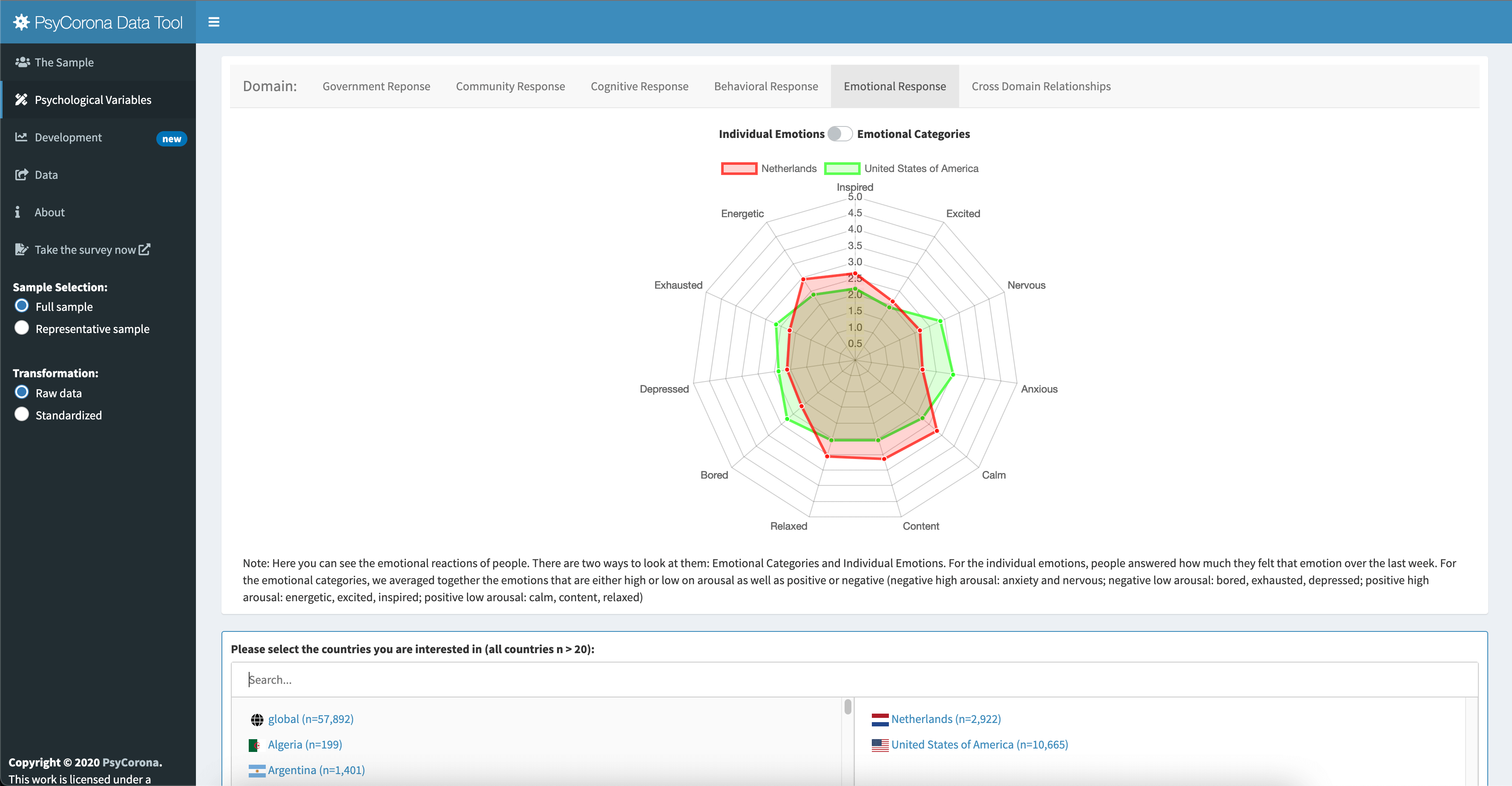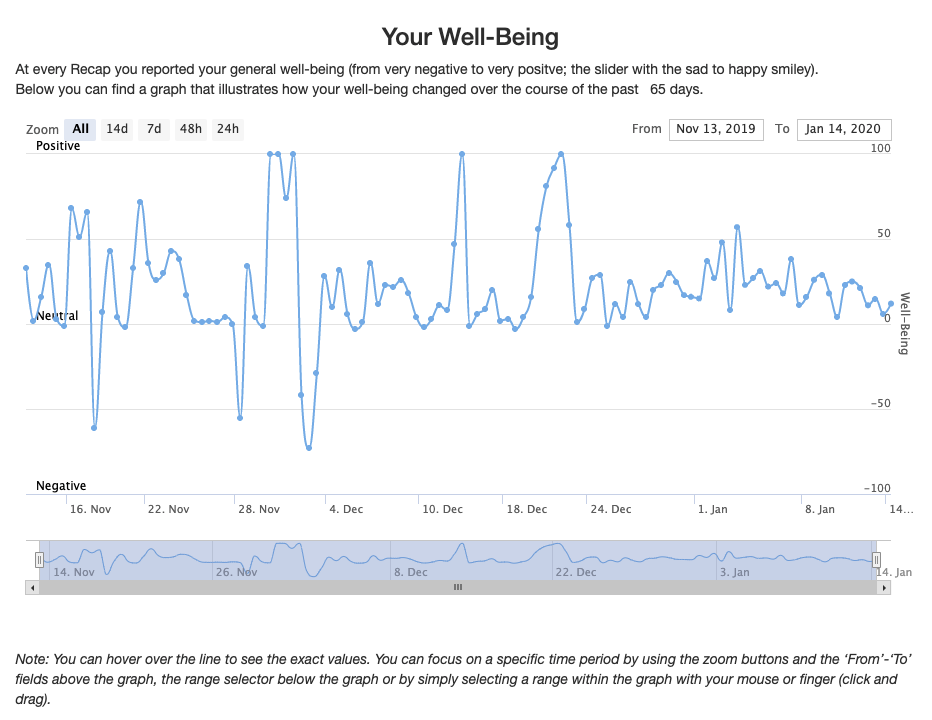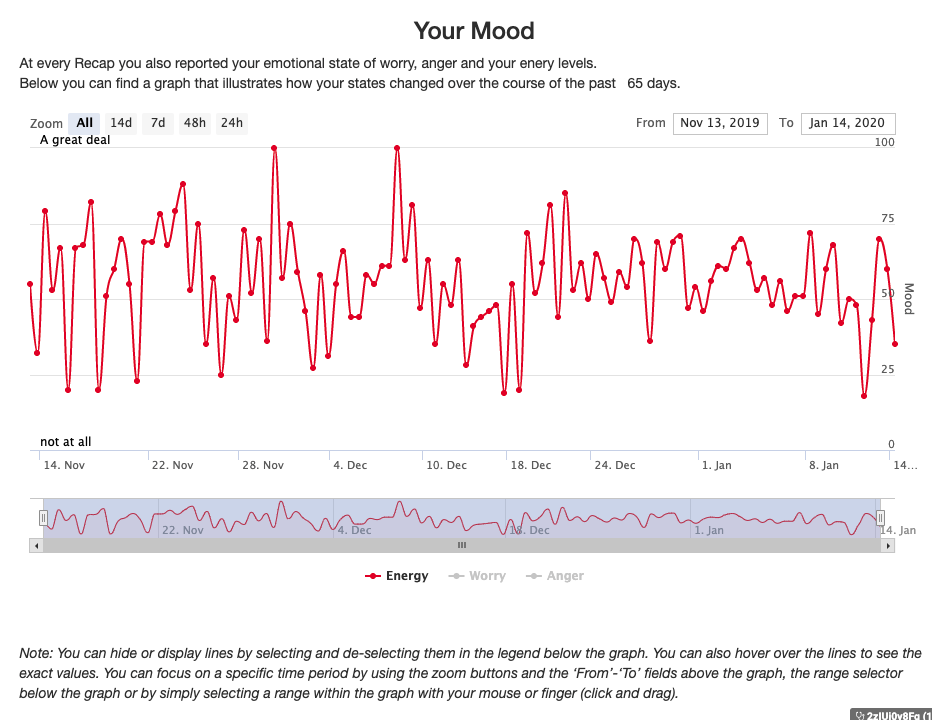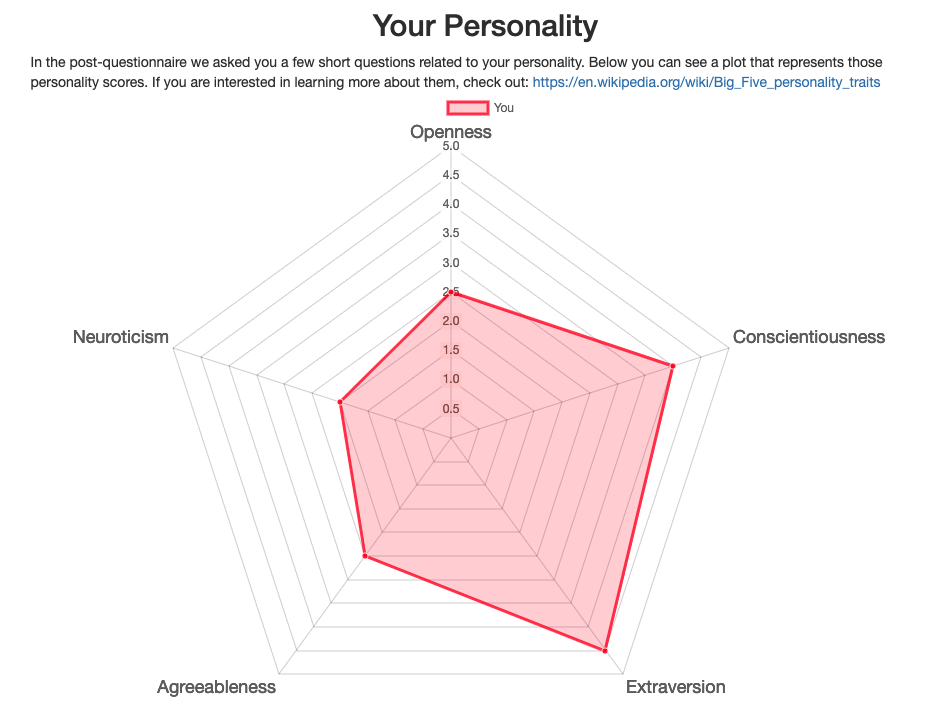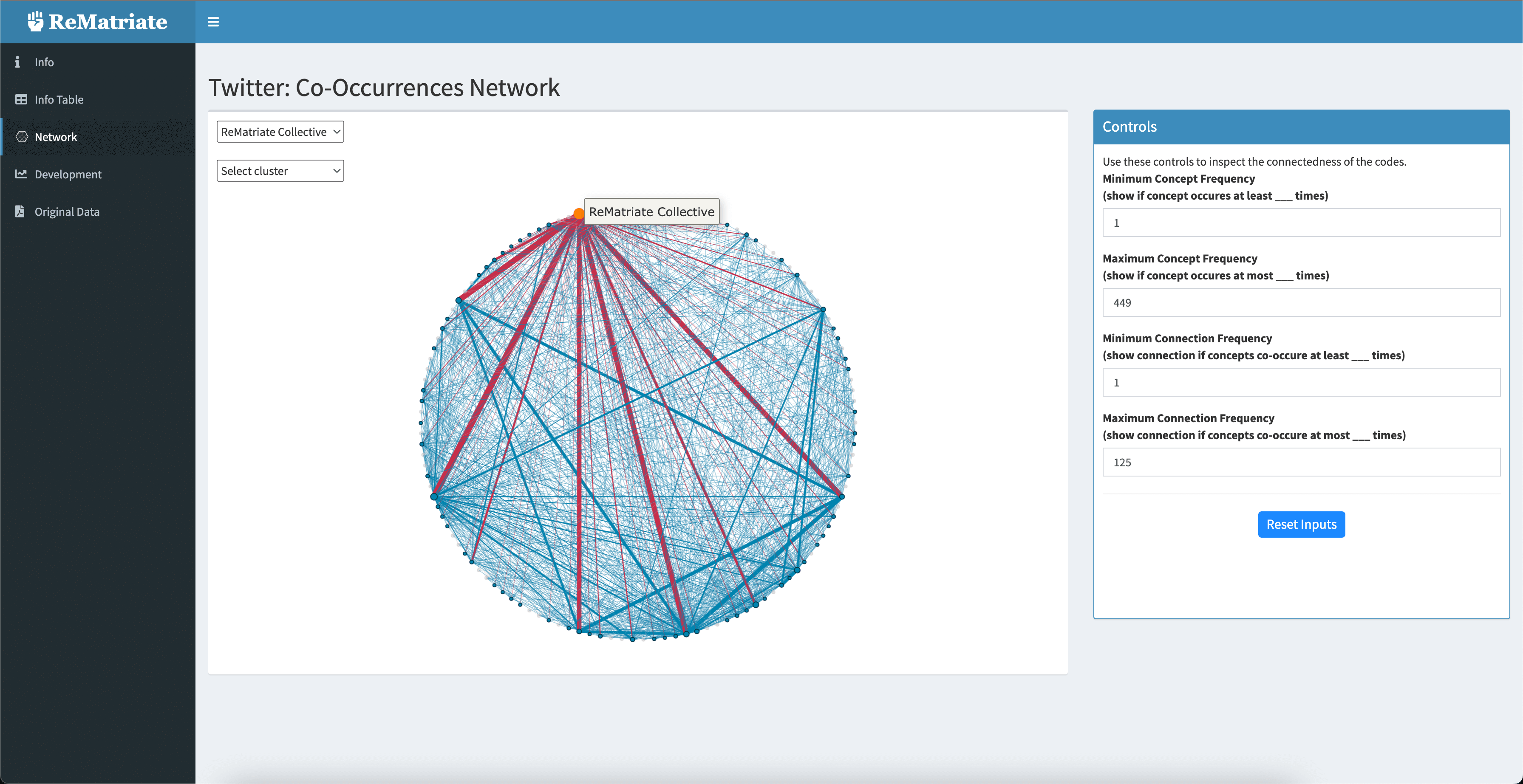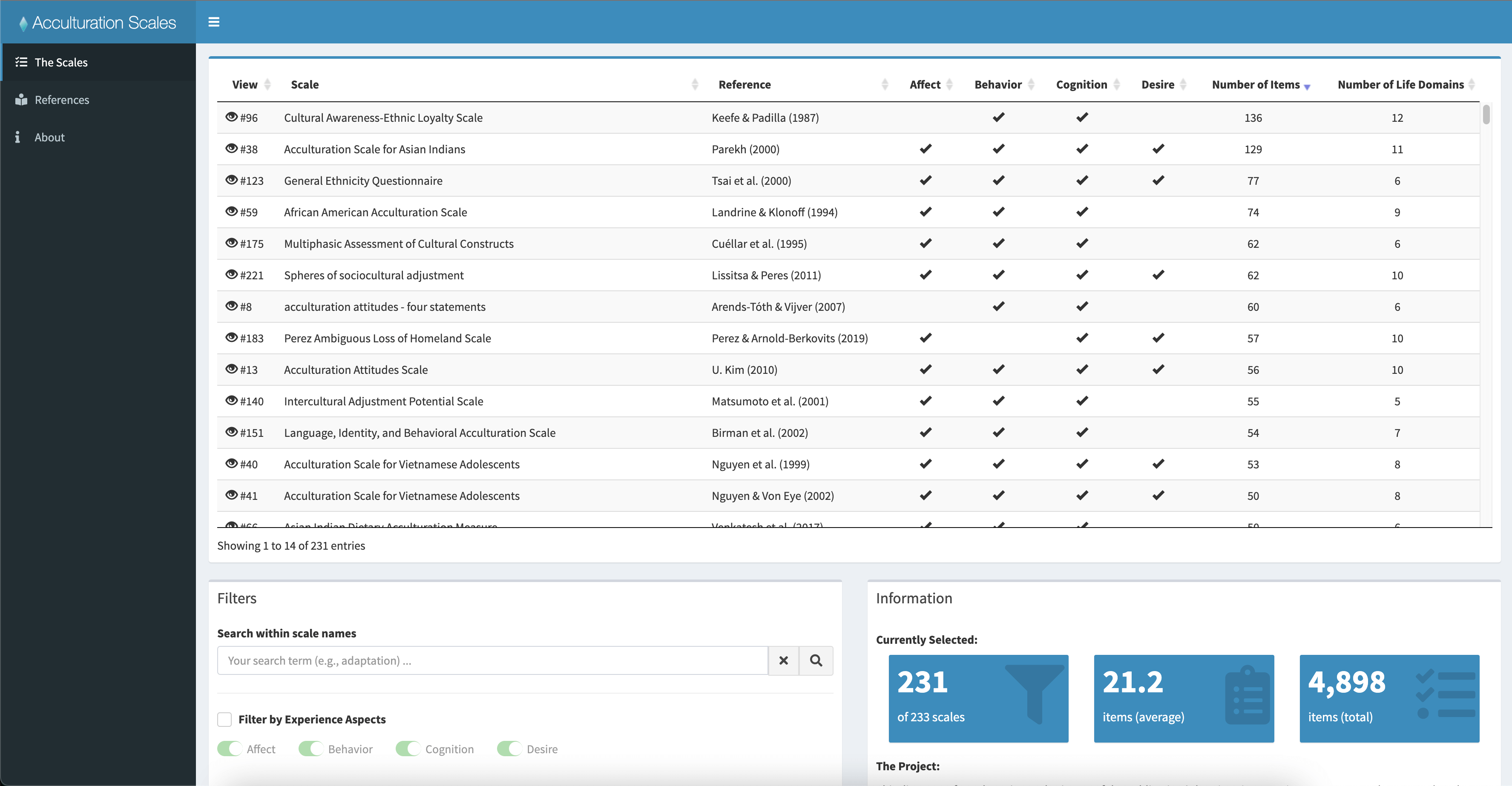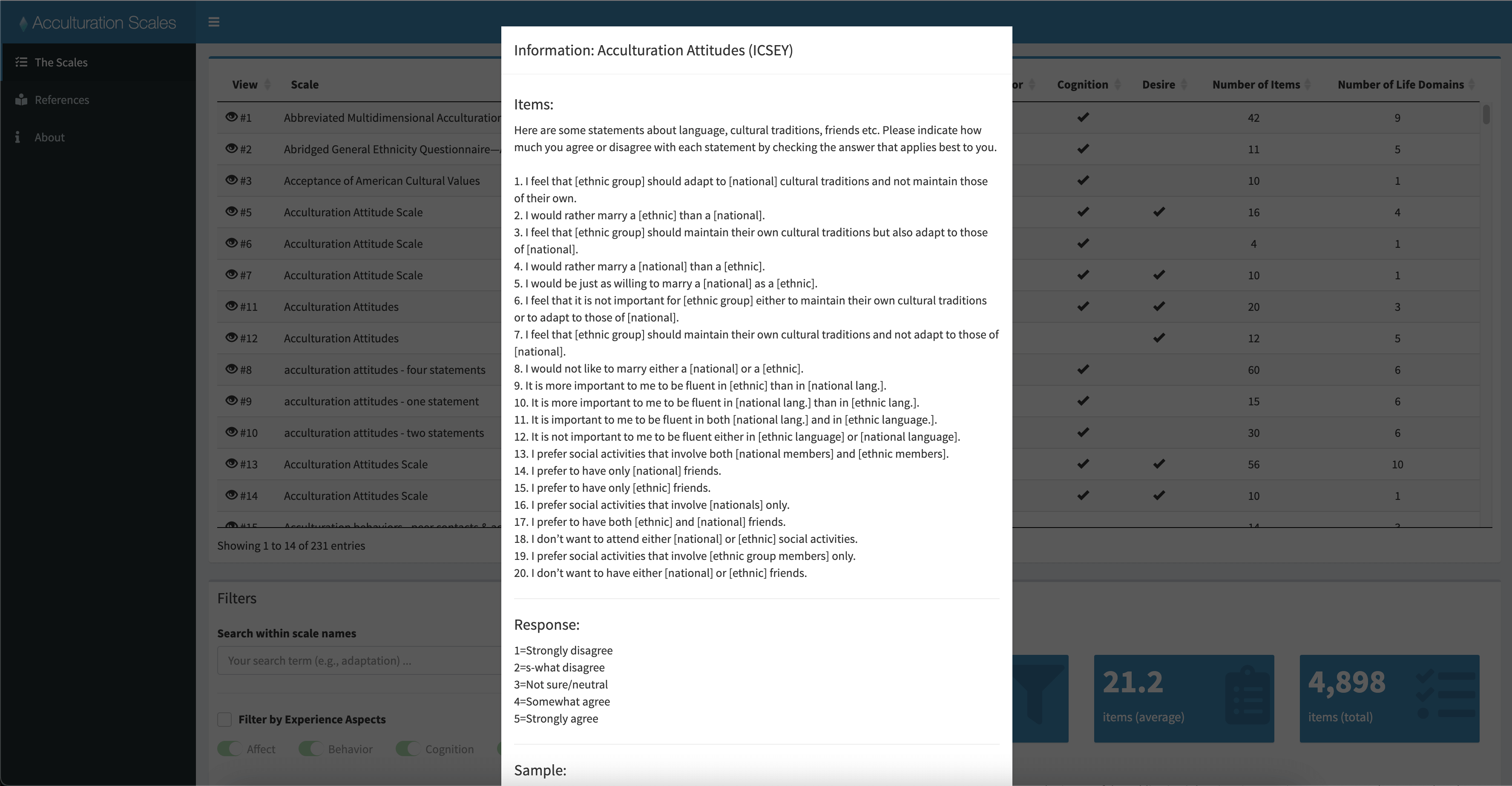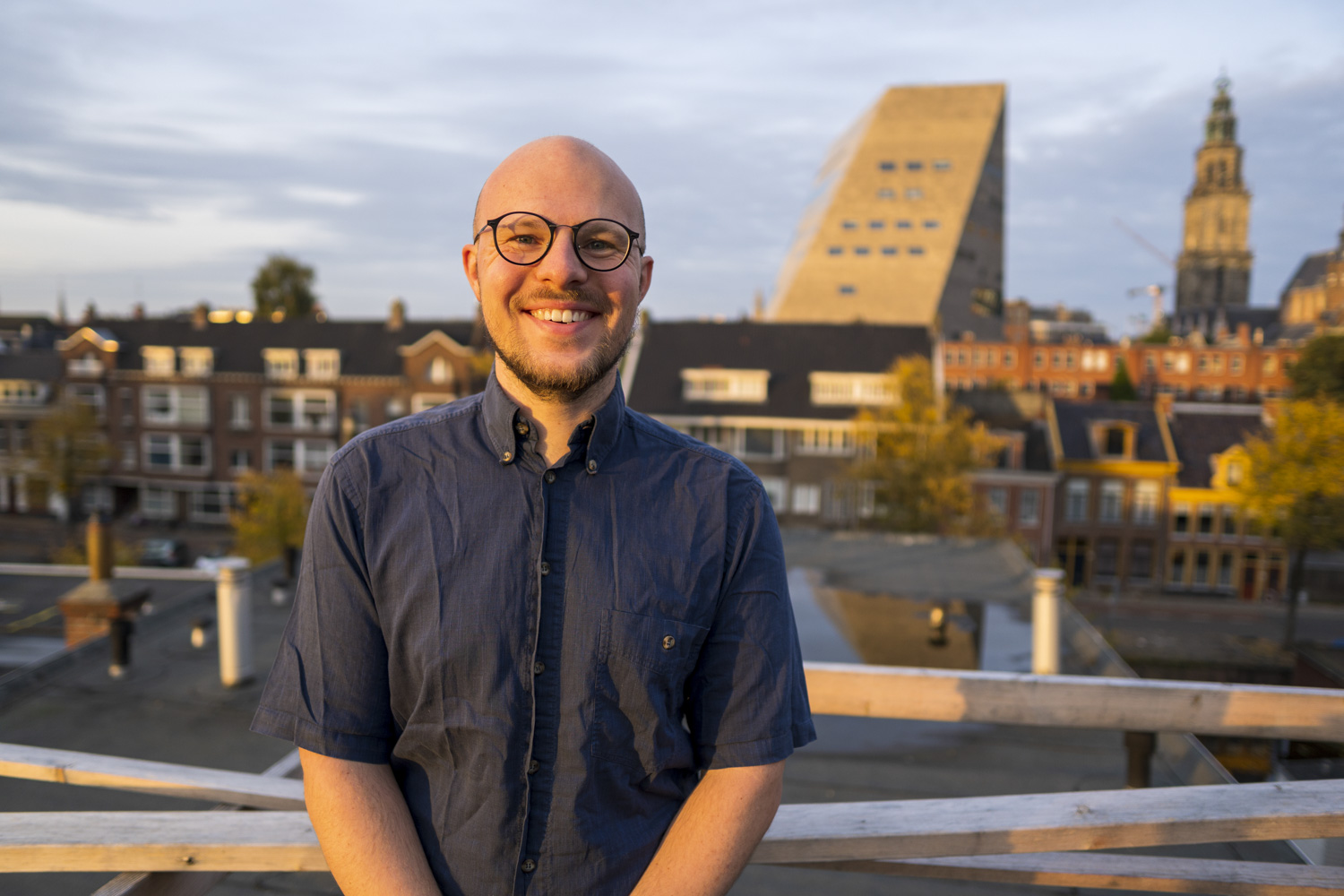Here goes the uncomfortable bit. While, I enjoy making complex ideas and data accessible, I am not the best at making myself accessible. In my humble opinion, the best connecting is probably done over a coffee or a beer. So, if that is an option for you, stop reading here and reach out via any of the linked contact channels. Otherwise, here comes the selective self-disclosure:
The Short
In short, I am a researcher, data scientist, and data communicator. Most of the day, I think about academic theories, write code, or share our results with our societal partners or the scientific community.
The Longer
Here a slightly extended version:
Academic Research
In my research, I focus on the role of motivations in intergroup conflicts, particularly in migration-, health-, and interpersonal violence settings. I look at why groups and individuals come into conflict and how situational psychological motives might aid productive intergroup interactions. As an example, in my main PhD research project, we apply the situational needs perspective to the cultural adaptation of migrants and their daily interactions with the local majority group. We work together with the local refugee resettlement organization Humanitas Groningen to investigate (1) how we conceptualize psychological acculturation, (2) how we capture the migration process, and (3) how motivations might explain positive intergroup contact. As a founding member of the Center for Psychological Gun Research, I also work on an understanding of needs and motivation in more violent intergroup contexts. Recently, I brought the intergroup motivational focus to the study of Covid-19 responses as a co-founder of the PsyCorona project. Based on our own lines of research, I believe that social motivations form a powerful driving force that is often overlooked in intergroup relations. In my research I am committed to robust research methods that are embedded within societal challenges and give agency to vulnerable and excluded participant groups (including, qualitative and extensive longitudinal research, next to more traditional meta-scientific and quantitative efforts).
Data Science
While in my research I use a wide variety of qualitative, experimental, and longitudinal methods, for the past several years I have placed a particular focus on understanding how (psychological) phenomena unfold over time. To answer questions of human dynamics, I have developed several workflows to collect, analyze, and present intensive longitudinal data. Dealing with real-life data of many participants, variables, and timepoints simultaneously can allow us to identify patterns of how psychological experiences (co-)develop over time. Such data is idealy suited to test many of our psychological process theories but they also need new or more complex systems of data collection and analysis. In our own research, we have set up several medium to large-scale studies to follow participants over days, weeks, and months. Together with my collaborators, we have developed several pipelines dealing with data preparation, -sharing, -analysis, and write-up of complex dynamic data.
Design and Science Communication
While data collection and -analysis are exciting in their own right, designing intuitive and interactive ways of understanding data patterns has been an important focus of my work over the past years. As an example, I have developed several interactive web applications that give others access to our data and illustrate our own results. For the PsyCorona project the application gives our participants, practitioners, and other researchers a transparent, robust, and autonomy-focused tool to interact with the data (for more information see our article in the APS Observer). Similarly, I recently developed an interactive directory of acculturation scales based on our acculturation review.
